Search
Search the HHRC site.
Search Results
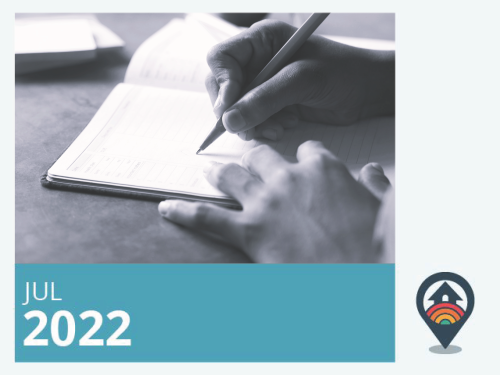
Newsletter July 2022 Newsletter
New Resources on Building Staff Resiliency
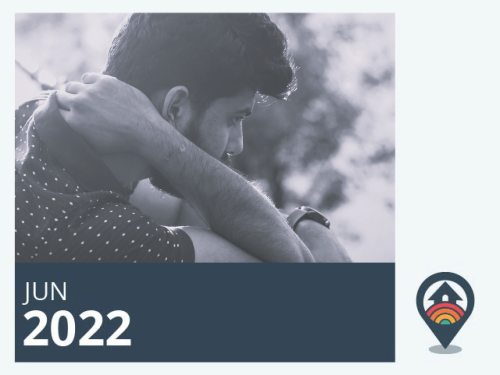
Newsletter June 2022 Newsletter
NEW Resources on Funding, Opioid Use Disorder, and Treatment Models!

Newsletter May 2022 Newsletter
Registration Open: Trauma-Informed Outreach Learning Series and Disaster Planning Webinar
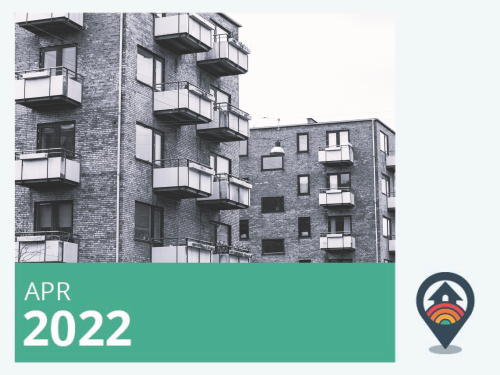
Newsletter April 2022 Newsletter
HHRC April News: Engaging with Property Management, Methamphetamine Webinar, and more!

Newsletter March 2022 Newsletter
HHRC March News: Methamphetamine Use Webinar, National Social Work Month, and more!
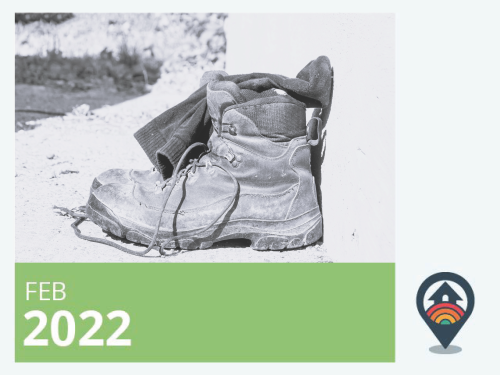
Newsletter February 2022 Newsletter
HHRC February Newsletter: New Resources, Updates, and Upcoming Trainings
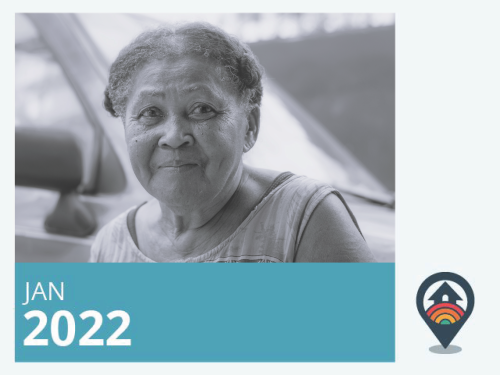
Newsletter January 2022 Newsletter
HHRC January Newsletter: New Resource Guides, Mindful Breathing Videos, and Upcoming Trainings
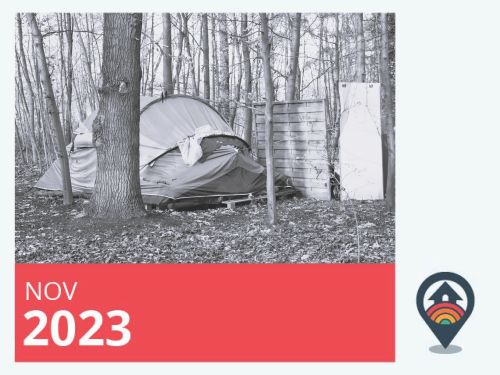
Newsletter November 2023 Newsletter
HHRC Newsletter: National Homelessness Awareness Month, Low-Barrier Shelter Webinar, and more
-
Webinar Low-Barrier Shelter Models for People Who Use Drugs
| - (EST)
This webinar will feature Camillus House (Miami, FL) and Prevention Point (Philadelphia, PA) sharing information about their low-barrier shelter models for people who use drugs.
Article Adverse Childhood Experiences
This article provides an overview of Adverse Childhood Experiences, including their impacts, risk factors, and protective factors.

Training Course Trauma-Informed Outreach and Engagement
This training course is accredited for 3 CEUs from NASW and provides foundational information about trauma-informed outreach and engagement strategies, approaches, and service delivery models. This will focus on ways to support individuals who are experiencing or at risk of homelessness who have serious mental illness, substance use disorders, or co-occurring disorders.
-
Webinar Employing Peer Workers: An Organization’s Perspective
| - (EST)
In this webinar, panelists will answer questions about the challenges and opportunities organizations experience when establishing new peer roles.
-
Webinar The Peer Support Experience: In Our Own Words
| - (EST)
This webinar, led by panelists currently providing peer services, will introduce a new toolkit developed to provide guidance and strategies to integrate and sustain peer workers within homeless service organizations.
-
Webinar Xylazine: An Introduction for Service Providers Working with Unhoused Individuals
| - (EST)
In this webinar, panelists will provide a brief overview of Xylazine, a substance newly found in illicit drug supplies, and its impacts on the unsheltered community.

Training Course Supporting People Who Use Methamphetamine
This course is accredited for 1.5 CEUs from NASW and introduces methamphetamine (MA) and evidence-based strategies for treatment and housing support for individuals experiencing homelessness. The course covers the drivers behind MA use, its impact on physical and mental health, treatment and overdose prevention and response strategies, and best practices around obtaining and maintaining housing.
-
Webinar Outreach and Housing Support for Individuals with Psychotic Disorders
| - (EST)
This panel examines outreach and housing support strategies for individuals with psychotic disorders.
-
Webinar Introduction to Psychotic Disorders
| - (EST)
This 90-minute webinar aims to provide education and introduce several skills and techniques for working with individuals experiencing symptoms of psychosis.
Article New Staff Orientation Guide
This guide compiles introductory resources offered by HHRC into an orientation guide for new professionals. These resources provide introductions to serious mental illness, serious emotional disturbance, co-occurring disorders, achieving and maintaining housing, and treatment and engagement models.
-
Webinar Housing Supports for Older Adults Experiencing Homelessness
| - (EST)
This webinar will present an overview of factors impacting older adults experiencing homelessness and share strategies to support their housing needs.
-
Webinar Effective Behavioral Health Crisis Response
| - (EST)
This webinar will explore strategies for reducing, mitigating, and responding to behavioral health emergencies involving individuals experiencing homelessness.